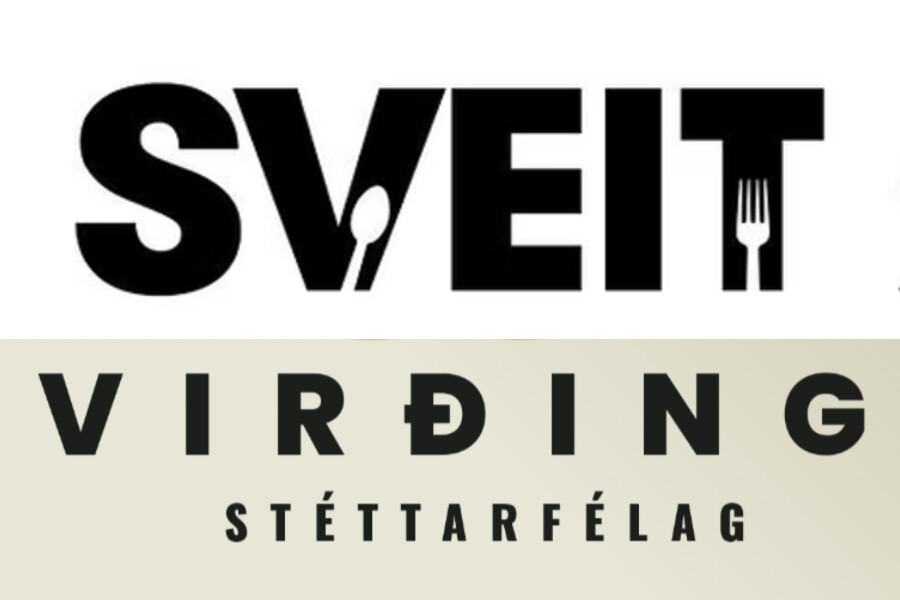
Provisions in employment contracts based on the pseudo-collective agreement between SVEIT, the Icelandic Association of Restaurant Companies, and the bogus trade union Virðing violate privacy protection laws and the European Union’s General Data Protection Regulation. The provisions in question state that restaurant owners may spy on their employees with audio and video recordings, anywhere and at any time, except when people are using the toilet or changing clothes.
A published employment contract template based on the pseudo-collective agreement states: “Video and audio recordings may take place in the workplace; recordings are permitted in all places except toilets and changing rooms.”
The Efling union has a duty to protect the rights of its members, many of whom work in restaurants. Those members are entitled to work according to the valid and legitimate collective agreement between Efling and the Confederation of Icelandic Enterprises, SA, and not the pseudo-collective agreement of SVEIT and Virðing. Therefore, MAGNA lawyers on behalf of Efling have sent the Data Protection Authority a complaint regarding this provision on electronic monitoring in employment contracts, which is negotiated unilaterally by employers.
Violation of laws and regulations
It is the opinion of MAGNA lawyers that the provisions in question violate the privacy protection law and also the European Union regulation. Thus, the processing of personal data cannot be based on the employee’s consent, which is obtained by the person in question signing an employment contract. This is because, firstly, the contracts do not provide for the employees to be able to refuse electronic monitoring. Then, it is highly unlikely that they will be able to do so at all, due to the great difference in conditions between them and the employer. Also, the employer does not have a legitimate interest in recording employees in all places outside the toilets and changing facilities. In addition, it is very difficult to argue that an employer has a legitimate interest in recording employees in secret, let alone that those interests may outweigh the employees’ right to privacy.
Efling has sent companies in SVEIT challenges to cease the violations contained in the aforementioned pseudo-collective agreement. A large number of companies have responded to those challenges and confirmed that they will not use the pseudo-collective agreement. However, there remain a few companies that have not responded to Efling’s letter and must therefore be considered to be using, or intend to use, the pseudo-collective agreement, and thereby engage in unlawful spying on their employees.
Efling will not accept this and has therefore, as mentioned above, sent a complaint to the Icelandic Data Protection Authority regarding the matter. The personal surveillance is just one aspect of the illegal pseudo-collective agreement, and Efling will use whatever means are necessary to protect the interests of its members against the violations of SVEIT and the pseudo-union Virðing.
More information about the scam of SVEIT and the pseudo-union Virðing can be found here.